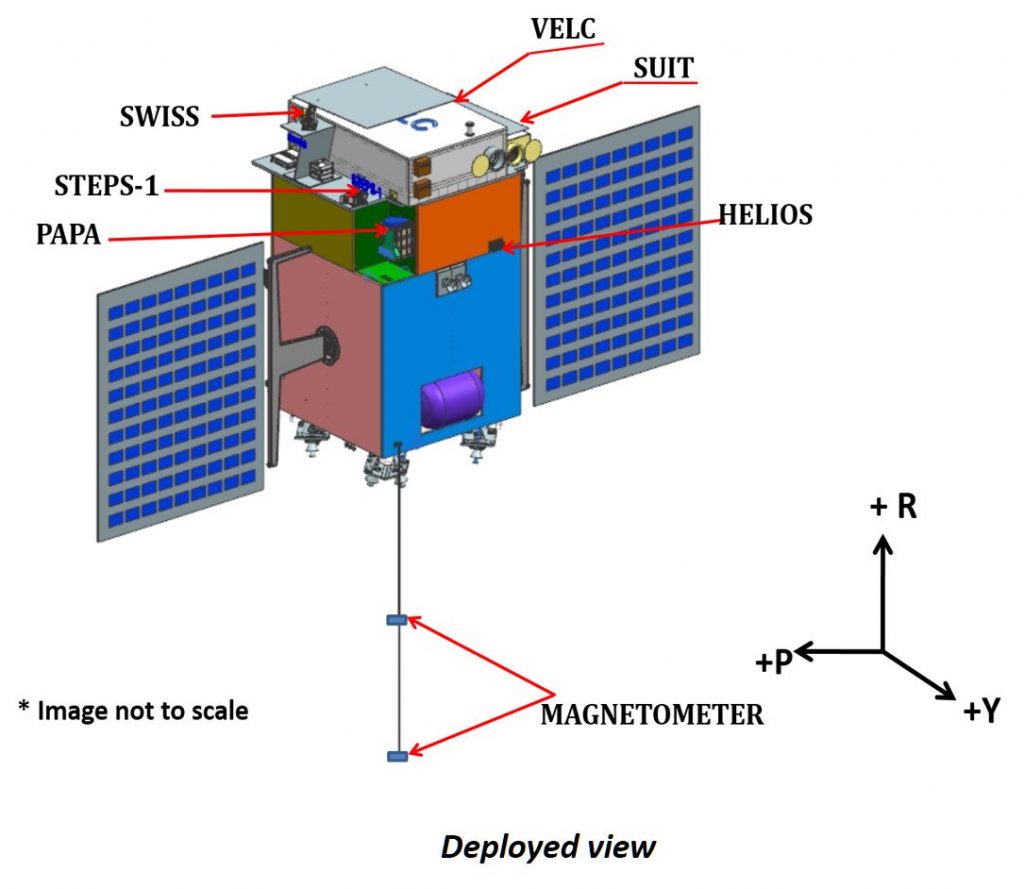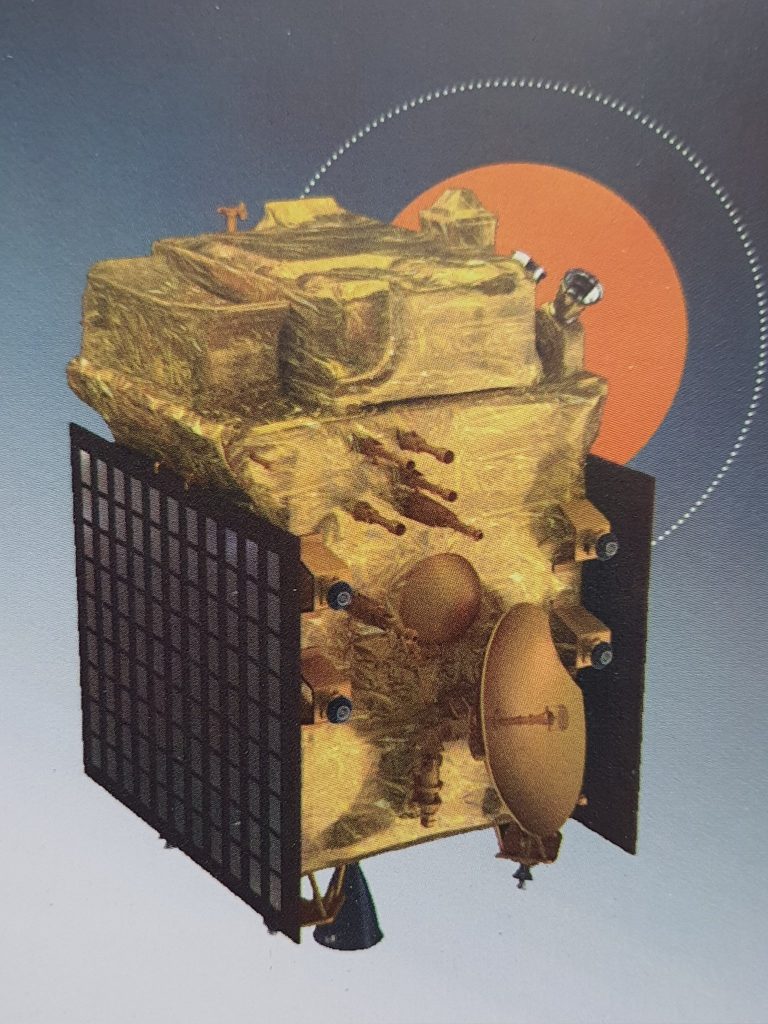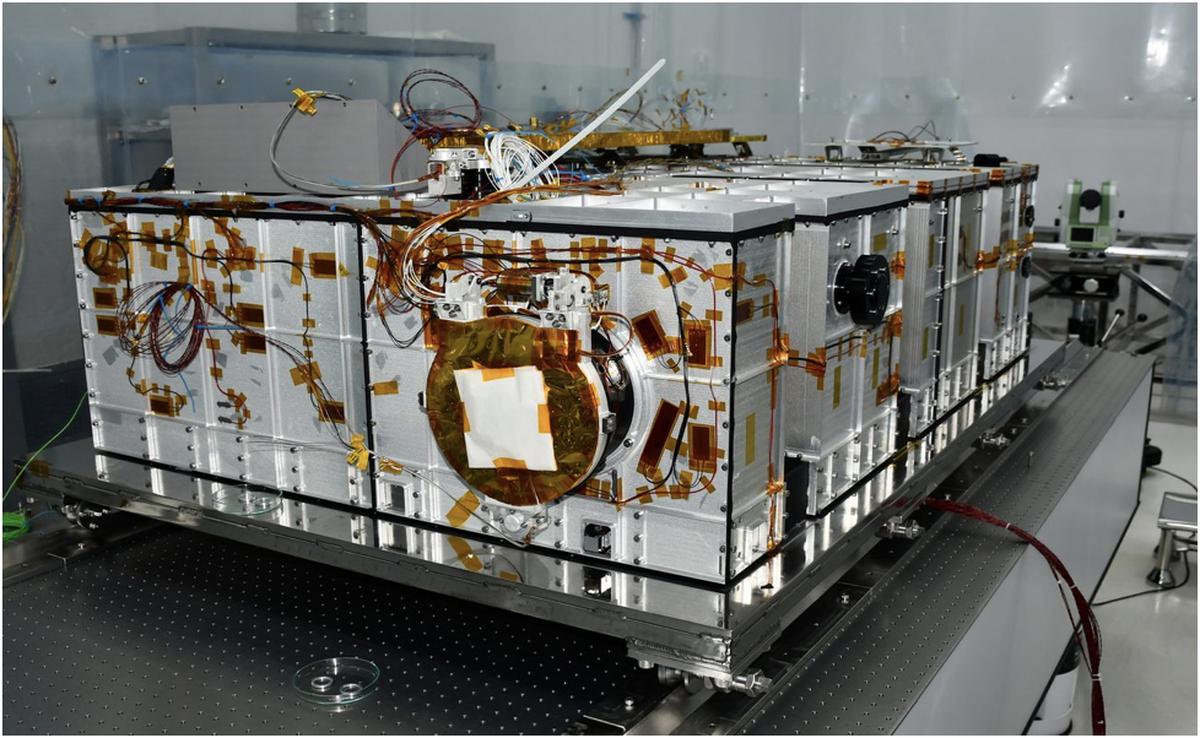The Indian Institute of Astrophysics, Bengaluru, handed over the primary payload of India’s maiden voyage to the sun to the Indian Space Research Organisation (ISRO) on Thursday for integration with the satellite’s other payloads.
Aditya-L1 :
The Aditya-L1 mission, which will examine the sun from 1.5 million kilometres away, is expected to begin this year in June or July after being repeatedly delayed by the epidemic.

The satellite will be carried by India’s trusted rocket Polar Satellite Launch Vehicle, said ISRO chairperson S Somanath at a ceremony on Thursday where he was given a 3D model of the payload.
He said the complexity of the chronograph and what it was attempting to do was the reason it took 15 years to develop. He said there was a need for a 50-year road map of scientific explorations and missions. Also, Indian scientists need to come up with novel ideas not attempted by other countries – projects that might seem impossible or even never get approval, he said.
“ISRO aims to play an important role in future science experiments in space and an ecosystem needs to be created for this, including a road map,” he said.

The ‘Visible Emission Line Coronograph’ (VELC) payload, which was delivered on Thursday, will be the principal payload among seven meant to research various features of the sun, such as its atmosphere, solar wind acceleration, and the formation of coronal mass ejection. The satellite will go to the L1 or Lagrange point between the sun and the earth to receive an uninterrupted, continuous view of the solar. Because the gravitational attraction of the celestial objects equals the force necessary to maintain it in orbit, Lagrange points — there are five between any two celestial objects — are referred to as parking places in space. As a result, a satellite may remain in the Lagrange points between any two astronomical objects without using any fuel.

